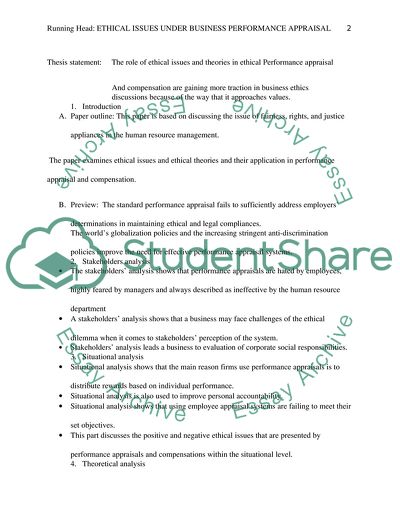Cite this document
(Ethical Issues and Theories in Ethical Reasoning and Behavior Research Paper, n.d.)
Ethical Issues and Theories in Ethical Reasoning and Behavior Research Paper. Retrieved from https://studentshare.org/philosophy/1819005-performance-appraisal-and-compensation
Ethical Issues and Theories in Ethical Reasoning and Behavior Research Paper. Retrieved from https://studentshare.org/philosophy/1819005-performance-appraisal-and-compensation
(Ethical Issues and Theories in Ethical Reasoning and Behavior Research Paper)
Ethical Issues and Theories in Ethical Reasoning and Behavior Research Paper. https://studentshare.org/philosophy/1819005-performance-appraisal-and-compensation.
Ethical Issues and Theories in Ethical Reasoning and Behavior Research Paper. https://studentshare.org/philosophy/1819005-performance-appraisal-and-compensation.
“Ethical Issues and Theories in Ethical Reasoning and Behavior Research Paper”, n.d. https://studentshare.org/philosophy/1819005-performance-appraisal-and-compensation.


